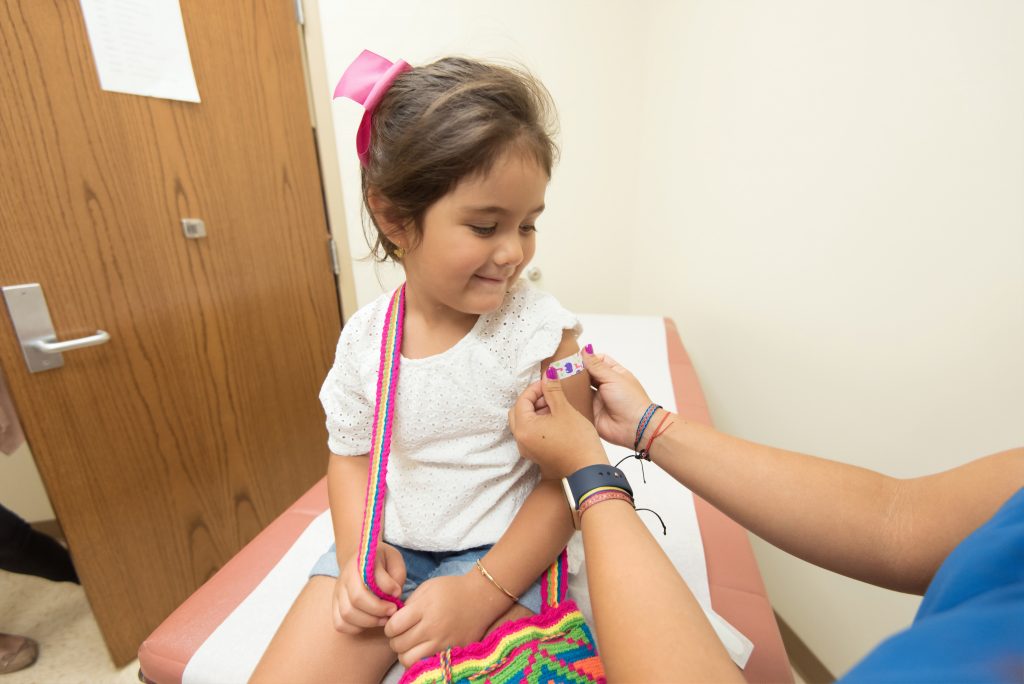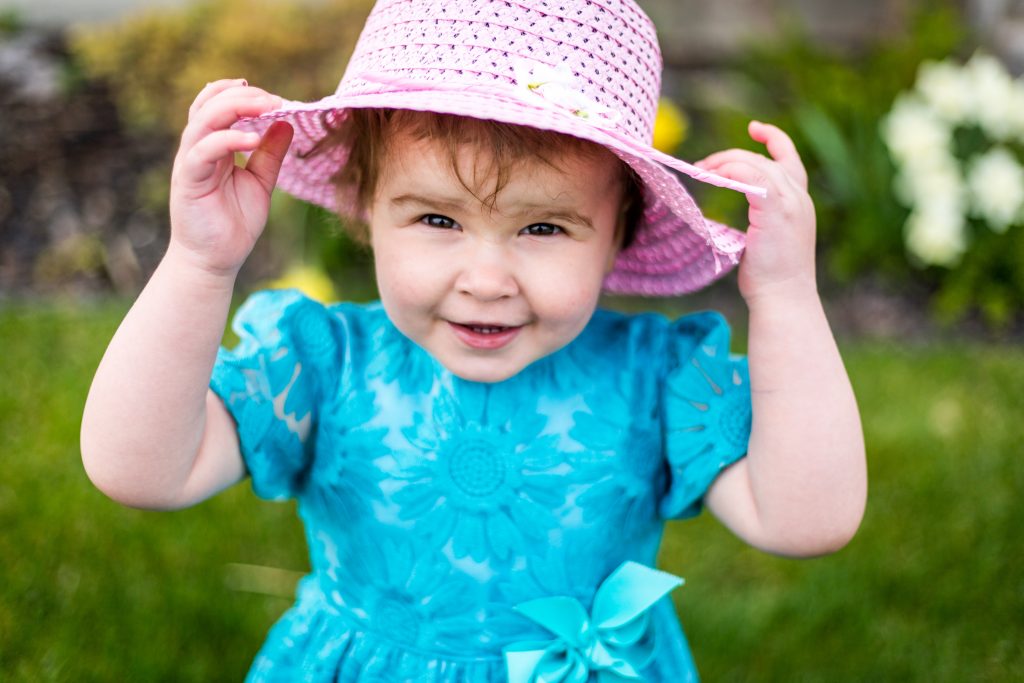Many children begin preschool at the age of three. The transition to preschool can be both exciting and stressful for children and their parents. Good preschool experiences can pave the way for your child’s academic and social success in elementary school. There are several things you can do to ease the transition to ensure that your child does well during these foundational years.
1. See Your Doctor

Photo Credit: Unsplash
Check with Medicare to determine if you need a medicare supplement plan or add necessary coverage through your insurance company. Children get sick. Once your child starts preschool they will be exposed to colds, the flu, and other health conditions. You will want a plan that reduces your out of pocket costs as much as possible. Preschools also commonly have a list of vaccines students are required to have before enrolling. Make sure you schedule appointments to have their vaccines given in plenty of time to start school with their peers.
2. Promote Learning

Photo Credit: Unsplash
Encourage your child to play with Lego, Lincoln Logs or a programmable robot. Investing in stem toys for kids is a great way to support discovering learning. Educational toys can help prepare your child for scientific exploration. You can promote math skills that will help prepare them to succeed in STEM subjects in schools. STEM toys also help develop fine motor skills. It’s also important to allow boys and girls access to all types of toys so that they can explore and identify their own interests. Let your toddler discover puzzles and mazes to support the development of problem-solving skills.
3. Teach Social Skills

Photo Credit: Unsplash
Children will not learn good social skills if they spend all their time alone or with adults. It’s important to seek out and create social opportunities for your child so that they learn how to appropriately interact with other children. This can be done through trips to the park or by attending library programs. Many libraries offer story and craft times and have programs children can attend with their parents. These provide opportunities to reinforce appropriate behavior in public. It’s also a great idea to join a playgroup. Playgroups are ideal ways to practice sharing and to reinforce acceptable social behavior, which is essential in preschool.
4. Foster Independence

Photo Credit: Unsplash
Preschool children need to be capable of handling age-appropriate functions on their own. It is important that you prepare them to use the bathroom independently and put on their shoes and coats. You can also prepare them for the transition to preschool by promoting time away from you. Hire a babysitter to spend a few hours with your child each week or set up a day when they attend daycare. They will be reassured that these breaks are temporary and this will reduce separation anxiety when it’s time to drop them off at preschool.
5. Promote Respect

Photo Credit: Unsplash
When your child starts preschool they will be in an environment with several other children and only a few adults. It’s important that your child knows that they need to listen to the teacher and the educational aides. They should also be familiar with rules and understand that it is inappropriate to break rules. Promoting respect for adults you put in charge of them, their peers, and the belongings of others will ensure that they interact with adults, children and their surroundings in a respectful manner.
6. Consider Their Input

Photo Credit: Unsplash
You may want to promote special interests during your child’s preschool experience. You may want your child to attend a bilingual program, for example. Visit preschools you are considering. You and your child should meet teachers and see the environment. You may determine that a program is too large for your child to focus effectively or your child may feel more comfortable in a different preschool. Happy children are more likely to be a successful child. Listening to them during the decision-making process is a way of fostering open communication with your child from a young age.
I’m a 20-something stay-at-home mother and wife. I have an amazing husband, a beautiful daughter, two loving dogs, and a lazy cat. I wouldn’t change my life for anything! I love to read, listen to music, cook and blog!

Speak Your Mind